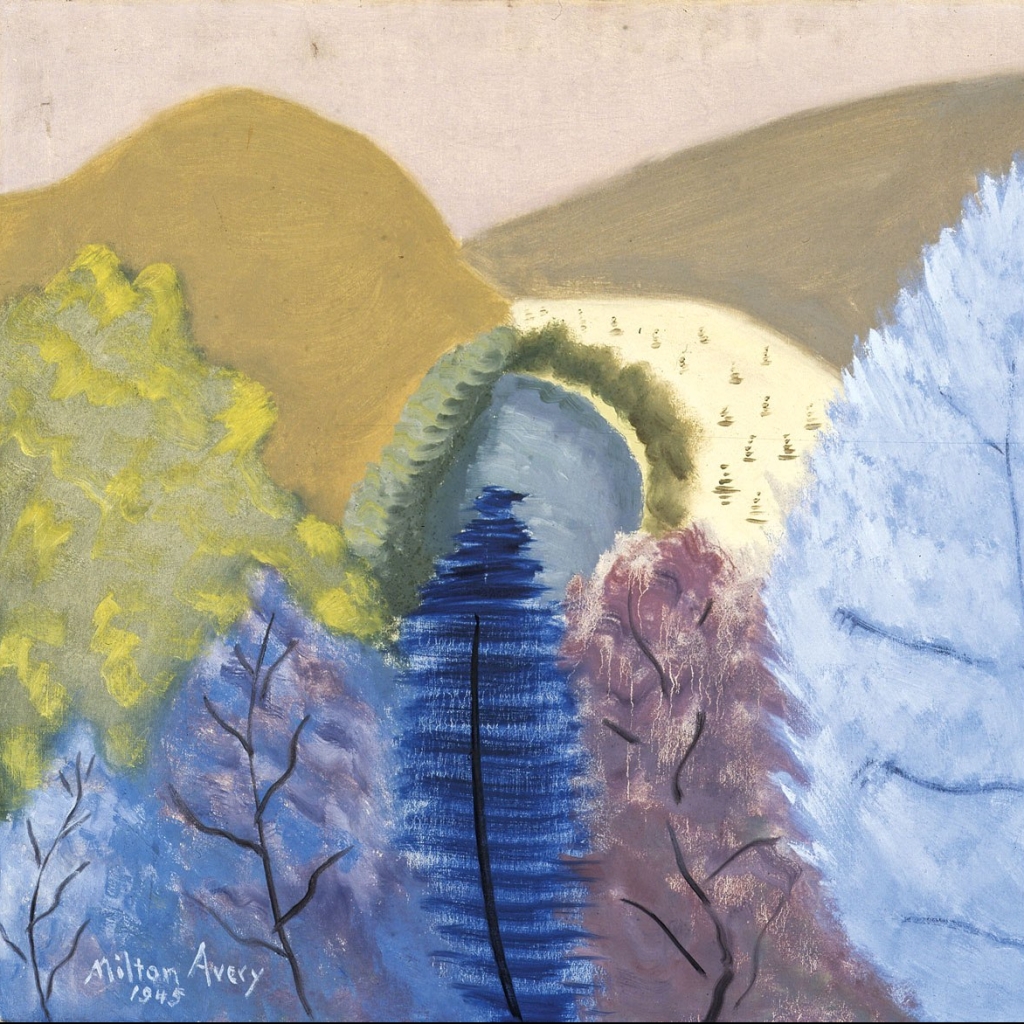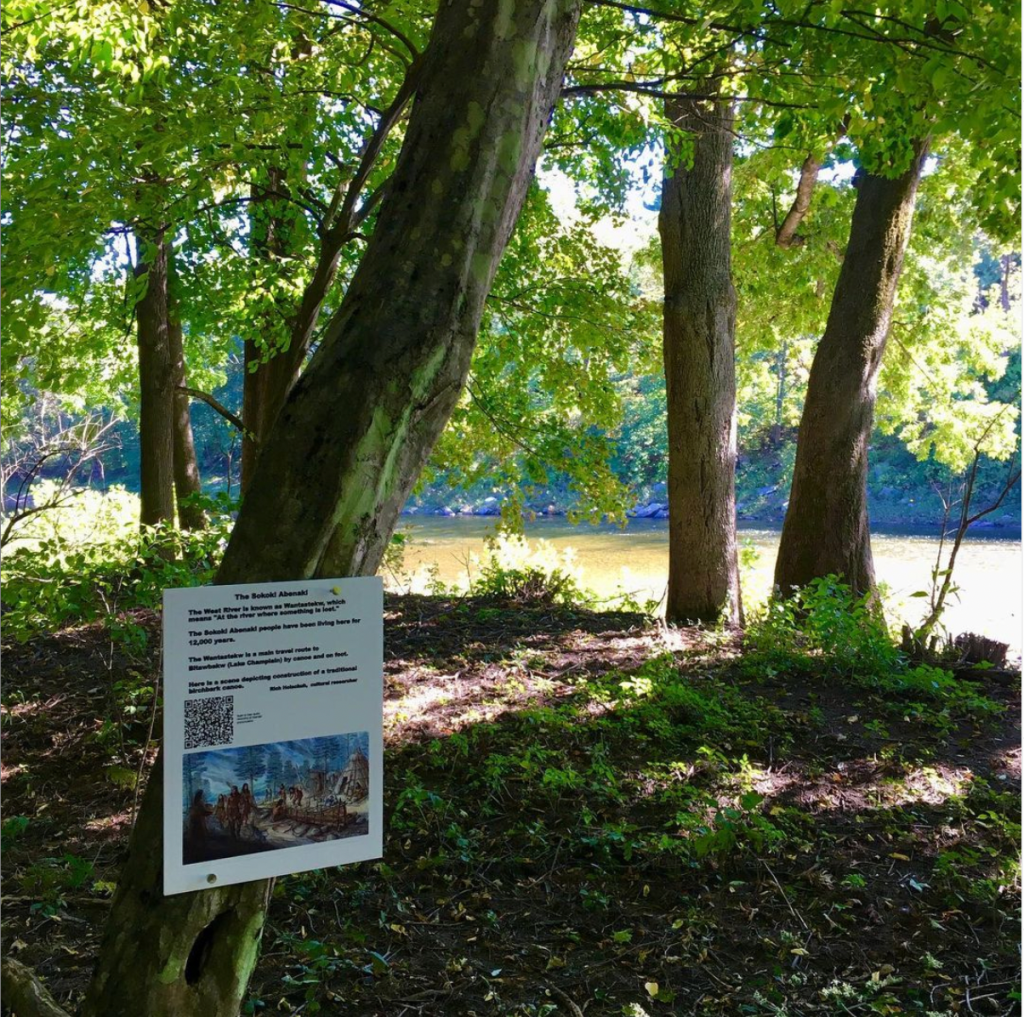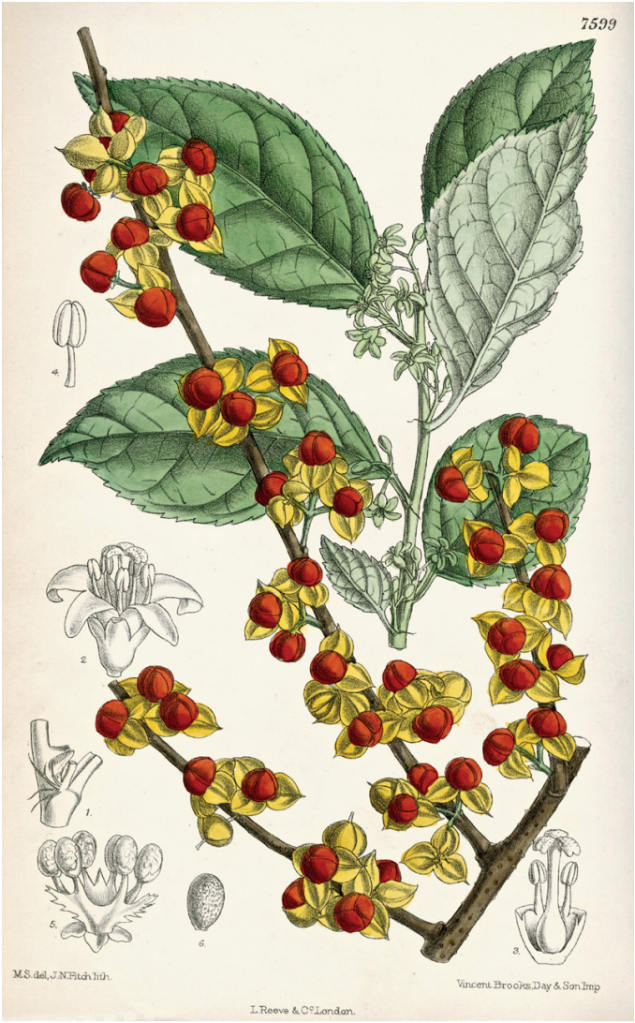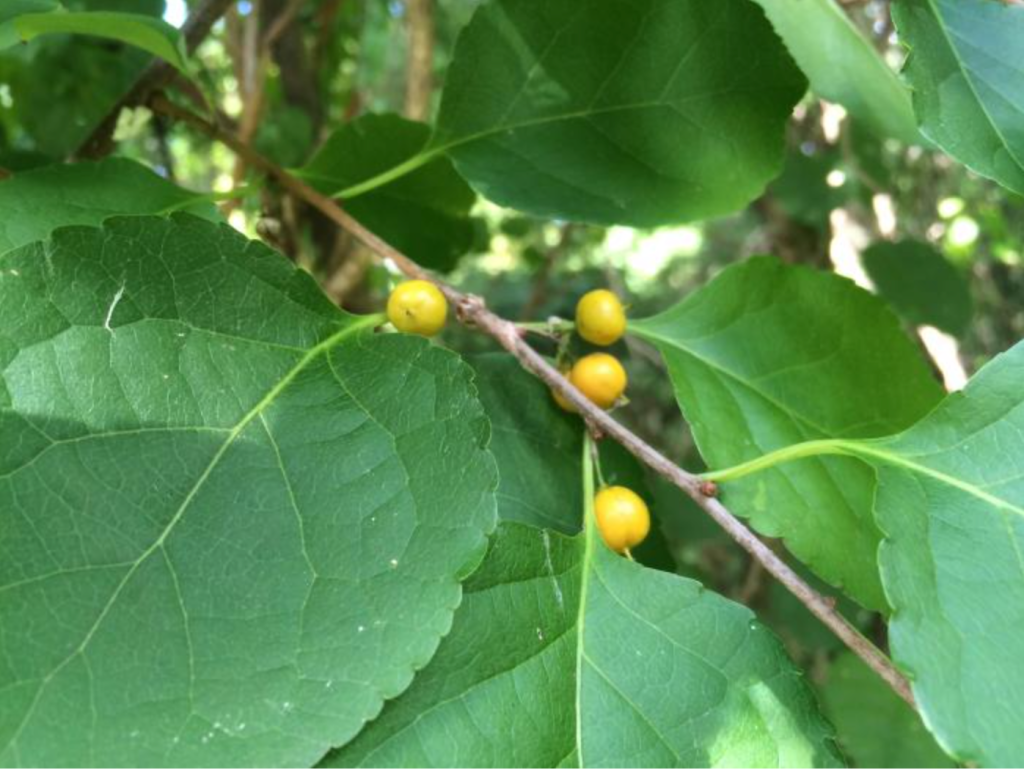
We’ve been busy at Friends of the West River Trail during 2023!
Our Lower Section Steering Committee and a group of other dedicated volunteers have been working actively to repair flood damage, improve drainage along the trail, add new benches, clear down trees, and remove invasive vegetation to help restore ecosystem health on the Riverstone Preserve.
We experienced significant flooding this year, necessitating bringing in an excavator and additional rip-rap to repair the trail in places. While we depend a lot on volunteers, carrying out some of this work takes money, and costs keep going up.
Please consider a year-end donation to Friends of the West River Trail – Lower Section to support this work.
Here’s how we’ve been putting your support to work:
Through periodic work parties, we’re continuing our work to remove invasive plants from the 22-acre Riverstone Preserve. Following professional services several years ago to remove a variety of non-native plants, including oriental bittersweet, multiflora rose, buckthorn, black swallowwort, and Japanese knotweed, we have been out there controlling the residual seedings of these plants that appear. It’s so satisfying to see that native plants are coming back! We are proud that the Vermont Land Trust and other conservation organizations are pointing people to the Riverstone Preserve to see how successful invasives management can be!
We’ve added a couple more benches along the trail, and we have another in the works. These amenities are making it easier for the trail to be enjoyed by older trail users—yes, some of us are getting older!
We’ve improved the access down to the trail from Fox Farm Road, following severe flooding, and we have further improvements planned.
We’re continuing regular trail maintenance, removing down trees, and dealing with some of the challenging drainage problems. We’re trying to do this in a way that protects some rare plant species found along the trail.
We hope to announce shortly a significant addition to the Riverstone Preserve. Our long-term goal is to obtain full ownership or control of the entire Lower Section corridor—from the Marina Restaurant to Rice Farm Road—giving us the ability to enhance recreational access and further protect the ecosystems along here. (A local botanist has identified more than 650 plant species and 120 fungi along the trail and on the Riverstone Preserve!)
And we are working with other organizations in the region in an effort to create a network of linked trails along the Connecticut River and extending into New Hampshire.
A study is being done this fall by a civil engineer (funded by a sizable local donation) to create a prioritized list of action items to ensure that the trail stays in good shape as climate change ushers in an era of more severe storms and flooding. This study will inform the improvements we make to the trail and help us be confident that our funds are well spent.
To be able to continue this important work on the trail and to take advantage of land acquisition and easement protection opportunities as they come along, we need your support. Please consider a year-end donation.
Please consider supporting these efforts. You can donate online at https://westrivertrail.org/donate/
Thank you and best wishes for a healthy and safe 2024.
Lower Section Steering Committee – Friends of the West River Trail
Jason Cooper, Brattleboro
Peter Doran, Brattleboro
Elia Hamilton, Newfane
Matt Mann, Brattleboro
Malcolm Moore, Marlboro
Steve Shriner, Brattleboro
Jesse Wagner, Dummerston
Mark Westa, Brattleboro
Kathleen White, Brattleboro
Alex Wilson, Dummerston
Friends of the West River Trail is a nonprofit (501(c)(3) organization that is 100% volunteer run. Those of us on the Lower Section Steering Committee are your neighbors in Brattleboro, Dummerston, Newfane, and Marlboro—working to provide critically important recreational opportunities for our community.












